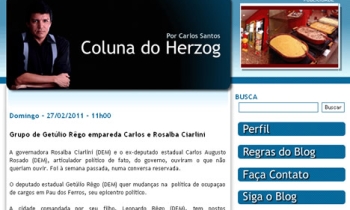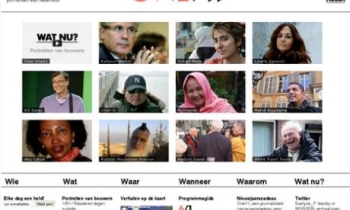LONDON, May 15 — The trustees charged with overseeing the integrity and independence of the Reuters Group endorsed the sale of the company to the Thomson Corporation of Canada on Tuesday, but the speed with which they acquiesced has upset some employees, who fear that the merger could undermine the quality of Reuters’s journalism.
Many financial analysts and investors have reacted favorably to Thomson’s plan to buy Reuters for $17.2 billion, creating a powerful new competitor to Bloomberg in providing data on global markets.
The trustees, who had the power to block the deal, had been seen as a possible obstacle, given that control of the combined company would pass to the Thomson family of Canada via its investment vehicle, Woodbridge.
“We are satisfied that the commitments made by Thomson-Reuters and Woodbridge will ensure the endurance and protection of the Reuters Trust Principles in a new and exciting context,” Pehr G. Gyllenhammar, chairman of the trustees, said in a statement.
The deal comes as changes in the news industry put editorial integrity under the microscope at several companies, including Dow Jones & Company, publisher of The Wall Street Journal, which has a takeover offer from the News Corporation, controlled by Rupert Murdoch.
Investors in newspaper companies want to see improved financial performance at a time when the Internet has turned some kinds of news into a commodity. Some journalists worry that quality or independence will suffer.
At a news conference in London, where Reuters is based, executives of both companies promised to protect their journalism, which is a small part of the business of both companies but a big part of the public profile, at least at Reuters.
Thomas H. Glocer, the Reuters chief executive, who would have the same role in the combined company, said Reuters would continue to cover general news, not just the business news for which customers were more willing to pay.
“Covering the war in Iraq is so central to what oil traders need to know, what the markets need to know,” he said. “I can’t imagine a general news story that doesn’t have relevance to the markets.”
But a number of unions at Reuters raised concerns in a letter on Monday to the Reuters trustees.
The letter, signed by representatives of the National Union of Journalists in Britain, the Newspaper Guild in the United States, the Canadian Media Guild and other unions, challenged a decision by the trustees to give Woodbridge an exemption from the Reuters constitution, which limits individual shareholdings to 15 percent.
“If it is now to be breached for the Thomson family, why should anyone in the future pay attention to the remaining trust principles?” the letter asked.
Newspaper companies and other newsgathering groups have developed a variety of structures aimed at preserving editorial independence. Some, like The Guardian, a British daily, are owned by trusts rather than public shareholders.
Some publicly traded newspaper publishers — among them Dow Jones and The New York Times Company — have two-tier shareholding structures, which give members of founding families like the Bancrofts of Dow Jones and the Ochs-Sulzbergers of the Times Company control of the voting shares, even if they have only a minority of the common stock.
Other newspaper executives say they see no need for such protection, which has been criticized by some investors. For example, Independent News and Media, publisher of The Independent in Britain and about 180 other papers, has a simple shareholding structure, despite a close association with the O’Reilly family in Ireland.
“We don’t believe that compromises the editorial integrity of the product at all,” said Gavin K. O’Reilly, chief operating officer at Independent News and Media, during a presentation last week on behalf of the World Association of Newspapers, a trade group of which he is president.
At the news conference Tuesday, executives said they had not yet decided whether to maintain separate news wires or merge these operations.
Of Reuters’s about 16,000 employees, 2,400 work at the news wire or other media businesses. The Thomson Financial business, which includes that company’s news agencies, employs 9,300 of Thomson’s 32,000 workers.
The companies have set a goal of $500 million in annual cost savings within three years. Thomson and Reuters executives said that there probably would be job cuts in some areas.
“It certainly won’t be me or some bean counter who sits down and decides this,” Mr. Glocer said.









